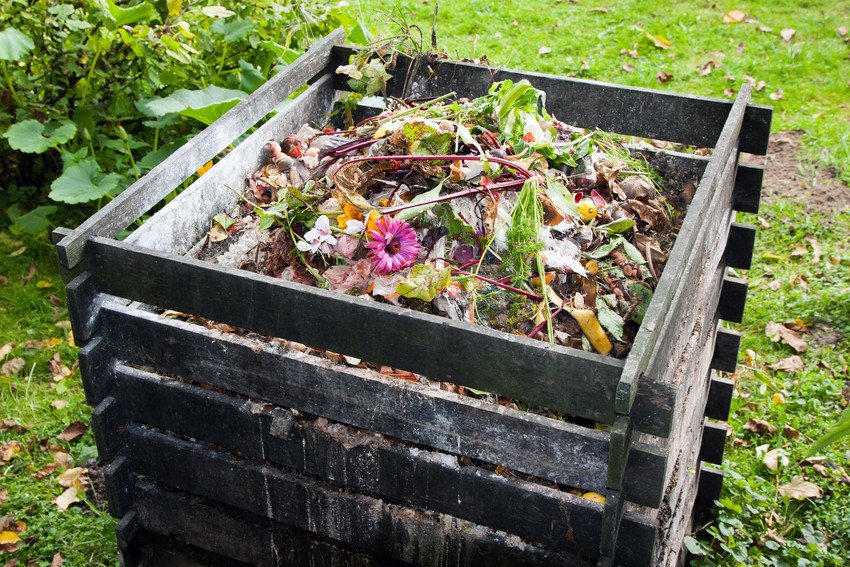When carrying out a garden project, a wide variety of rubbish types are produced. Whether you’re planning a full-scale landscaping project or simply clearing your garden ready for the summer, it’s crucial that you know how to manage your waste once the work is complete.
If you have your own compost bin, you’ll no doubt be able to add some of the green waste you produce to this. However, there are always going to be some materials that don’t biodegrade in the same way and need to be handled differently. Below, we take a look at the types of rubbish you might produce and what to do with them.
This includes any organic material produced, including:
● Leaves and flowers
● Grass and weeds
● Tree bark and pruned branches
● Chippings and twigs
● Home-grown fruit and veg
These materials will all naturally biodegrade and with this in mind, if you have your own compost heap, you can stock it up with these items after a project. If you don’t, you have two options: for a smaller amount of waste, drop it off at the local recycling centre or put it into a green bin provided by your council. If it’s a larger amount of waste, you may wish to consider calling a professional waste contractor to collect it. For example, if you’re cutting down a tree or totally relandscaping.
If your project produces any remnants of concrete, plastic, paving, tiles, fencing, decorative borders and edging, these materials will prove a little more difficult to dispose of. If any of the items are solely wood, you can put it out with garden waste. However, if it’s got any other materials involved like metal nails or plastic coating, it will need to be disposed of separately.
It will generally count as construction waste, so will need to be treated as such and collected by a registered waste contractor. If your project is particularly large, you could consider hiring a skip, as this is the most cost-effective and efficient way to collect mixed waste. Your waste contractors will collect your skip when it suits you and sort through the waste, recycling as much as possible.
Sometimes, having a garden clear out also means clearing out your shed, where you most probably keep all sorts of old tools and equipment. If these items are electric, they are considered WEEE waste, which has its own regulations and must be treated differently.
Whilst you can dispose of WEEE waste at your local recycling centre, if you have a fair amount of e-waste or larger items that are more difficult to dispose of, you should contact a registered WEEE waste contractor to collect it. If you throw it away incorrectly, you could get fined.
